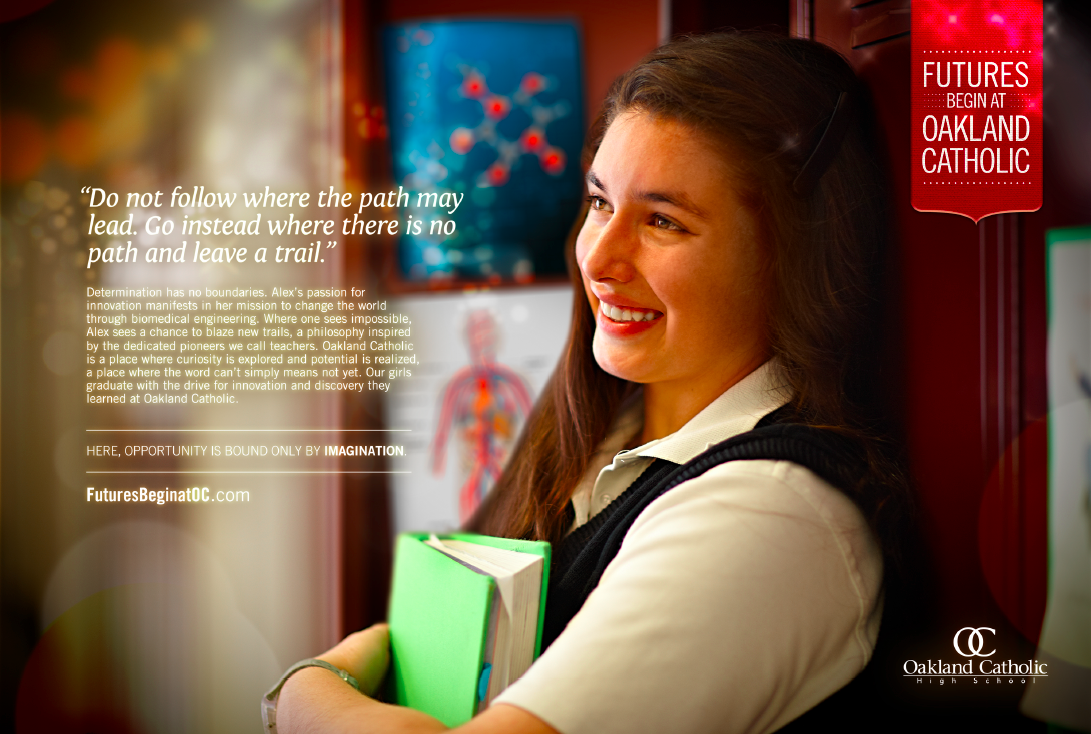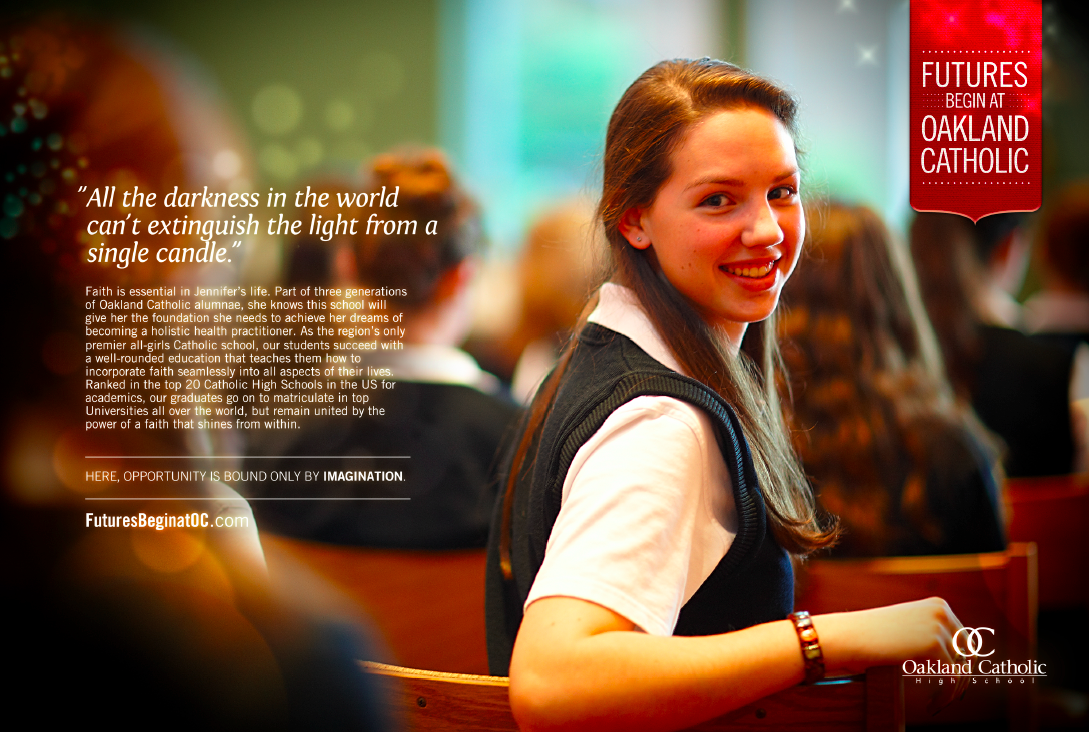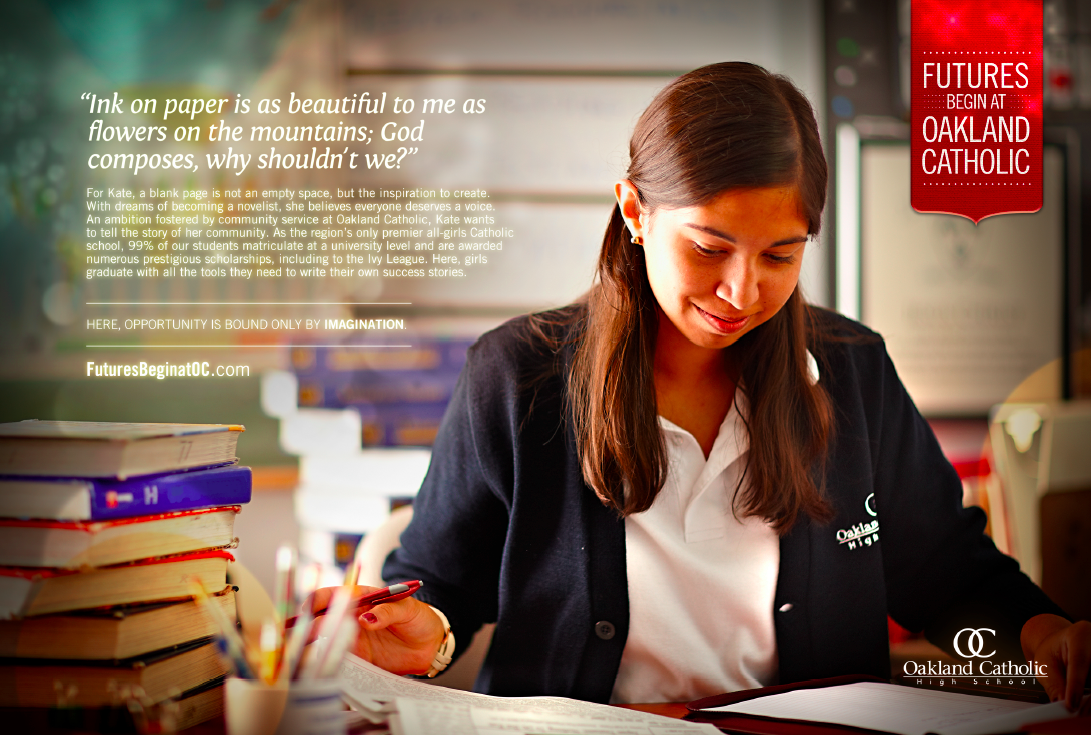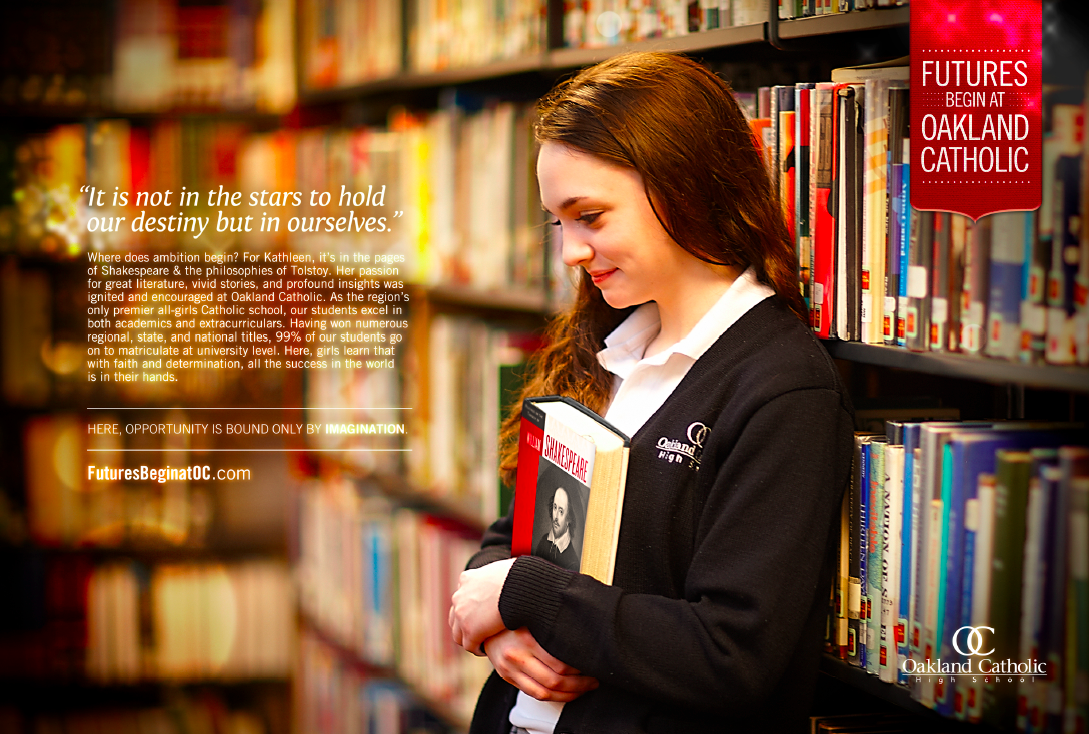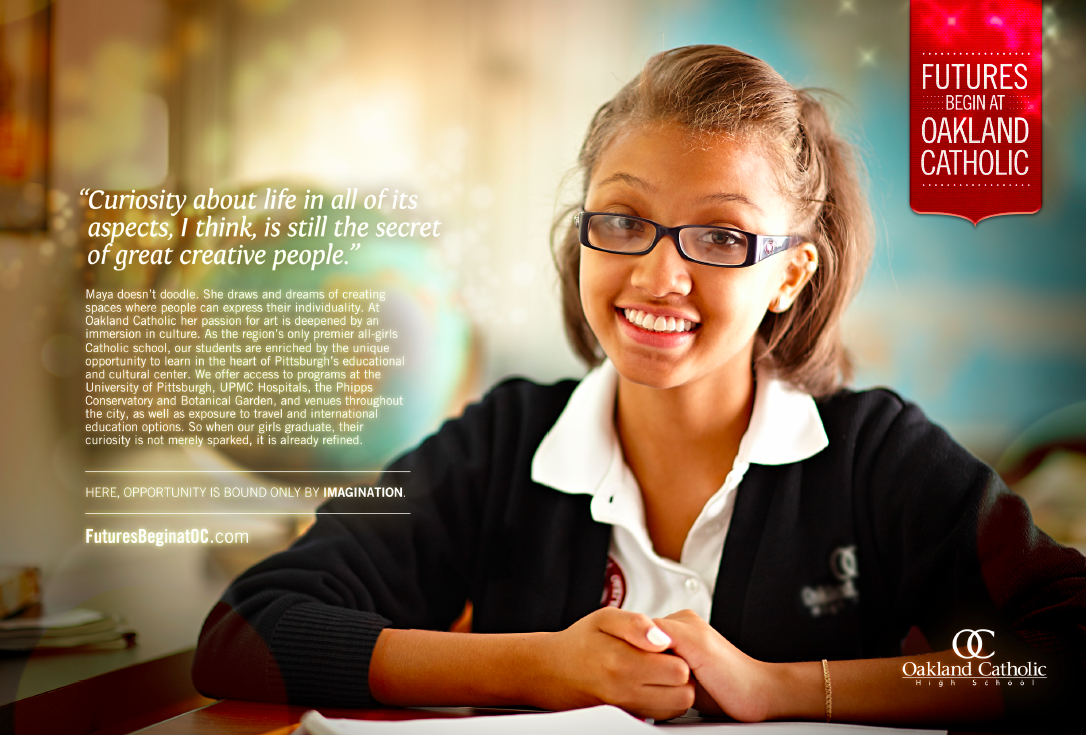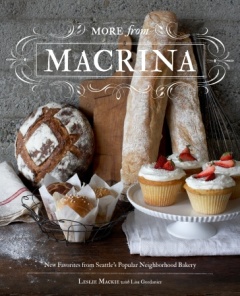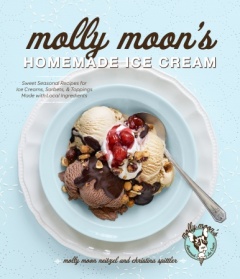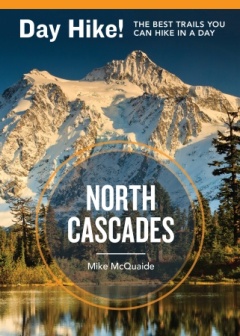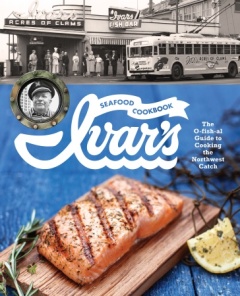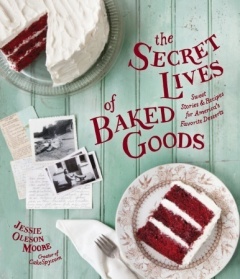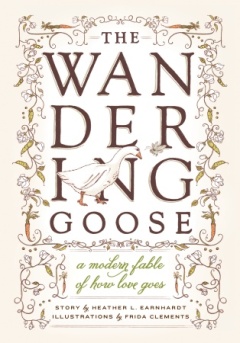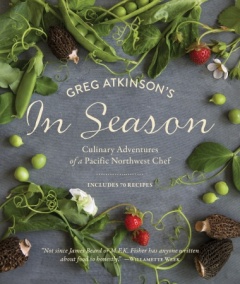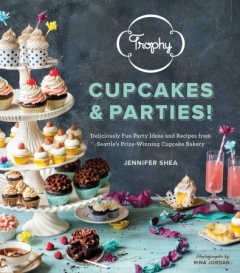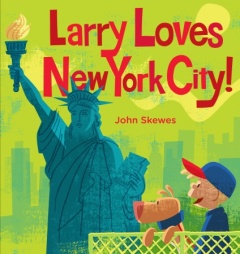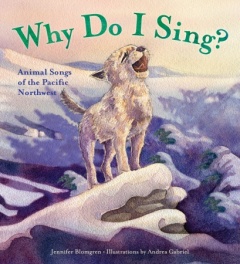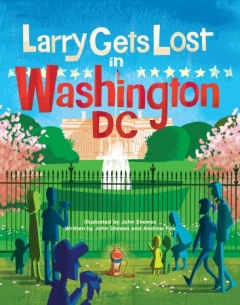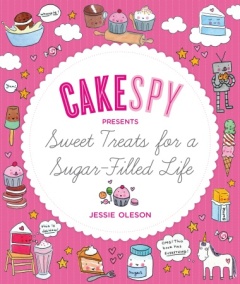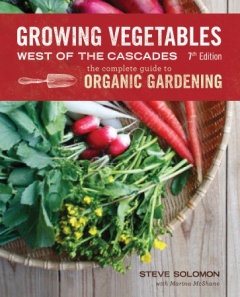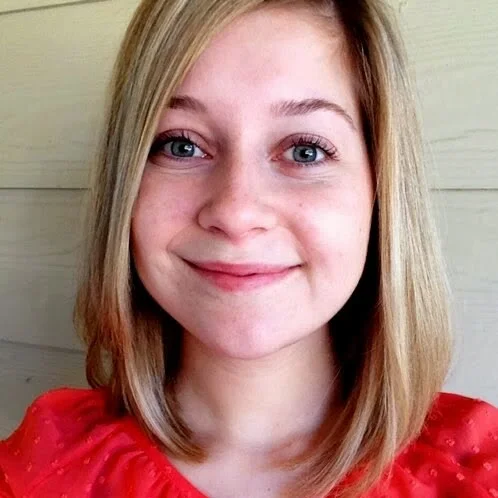Name: Pam Elise Harris
College & Majors/Minors: Major: Communications Arts and Sciences. Minor: English (last minute decision!).
Current Location: Forest Hills, NY
Current Form of Employment: Development Editor/Author
Where do you work and what is your current position?
I am currently a freelance editor. I development edit novels and educational product. I also copyedit novels and do editorial tasks like art placement or checking Web sites. For development editing, I take a raw manuscript and sculpt it into the final draft that will become the book. This can involve working with authors or freelance editors to guide them in the direction needed. On occasion, it even involved writing. I've worked on a lot of educational Web sites and testing products. I loved writing activities! I loved the challenge of knowing that an activity had to practice this skill and had to be from an activity type that amounts to this many points. With novels, I have delved into the story finding aspects that needed more development, and others that needed to be altered.
Tell us about how you found your first job, and how you found your current job (if different).
My first job in publishing was kind of an accident. I was working as a temp, and I just happened to be assigned to a publishing company. It was one of my first temp assignments where I actually had something to do. They were supposed to get rid of me when the summer intern came in, but I didn't want to leave, and they didn't want to have to find someone else when the summer intern left. So I made my case, and I was there for twelve years.
I didn't find my current job. It found me. After twelve years of working at my previous company, they decided to discontinue my job. With no other option, I started taking in freelance work.
What was another writing-related job that was important in your career?
Funny you should ask. I don't really consider this a job, but it is writing related. Back in November 2012, I did National Novel Writing Month for the first time. This was the first time in a very long time that I had committed to writing. That novel will be self-published later this year.
What did you do in college to prepare for your post-grad life?
This is going to sound bad. Nothing really, which is why I didn't have a job when I got out of college. Always prepare!!
What is your advice for students and graduates with an English degree?
Look for opportunities within your chosen field while you are still in college. If you can, do an internship. We had an intern that we liked very much, and he wound up in our freelancer database. We continued to send him work while he was still in school. Internships are a great way to learn practical skills and get your foot in the door. And if you're looking to be a writer, make connections with writer's groups. National Novel Writing Month has community groups on its Web site. They do in-person events. It's a great way to get to know other writers in your area.












